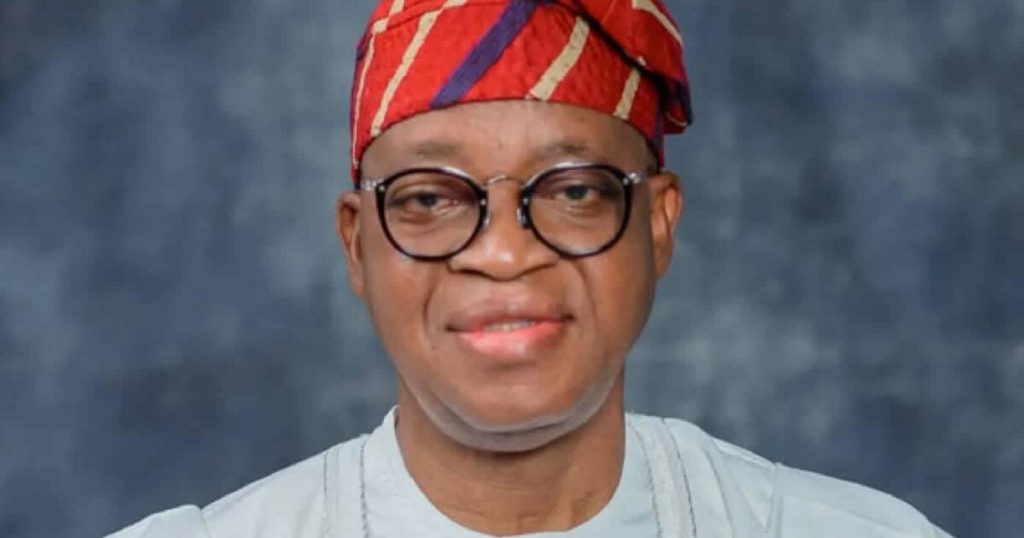President Bola Tinubu’s administration is charting a transformative course for Nigeria’s transport and maritime sectors, aiming to establish the nation as a prominent logistics hub in West and Central Africa. This ambitious vision, articulated by key cabinet members at the 2025 Nigeria Transport Sector Annual Summit, centers on affordability, safety, and integrated mobility, underpinned by strategic reforms and substantial investments across various transport modes. The overarching goal is to streamline logistics, enhance trade competitiveness, and attract significant private sector participation, ultimately contributing to robust economic growth and job creation.
The National Marine and Blue Economy Policy serves as the cornerstone of this transformative agenda in the maritime domain. This policy prioritizes reducing logistics costs, improving cargo turnaround times, and fostering a more conducive environment for private investment. Key initiatives currently underway include optimizing the Lagos-Ibadan Standard Gauge Rail line for efficient cargo evacuation, expanding barge services at strategic ports like Lagos and Onne, completing critical road infrastructure like the Apapa-Oshodi Expressway and the Lekki Port Access Road, and developing inland dry ports in Ibadan, Kaduna, Kano, and Funtua to alleviate congestion at seaports and bolster regional trade networks. The government recognizes the vital role of collaboration among stakeholders, including shipping lines, terminal operators, freight forwarders, regulators, and investors, in realizing the full potential of these initiatives. Furthermore, the focus on digitalization, green technologies, and climate-resilient solutions underscores the commitment to sustainable and innovative practices within the maritime sector.
In parallel with the maritime sector reforms, the Ministry of Transportation is spearheading a comprehensive overhaul of the nation’s transport system. This includes a strong emphasis on rail development, with significant progress reported on several key projects. The Port Harcourt-Maiduguri line, a crucial artery for eastern Nigeria, has seen the completion and operationalization of the Port Harcourt to Aba section. Other critical corridors, such as the Kaduna-Kano and Kano-Maradi lines, are also advancing rapidly, exceeding 50% and 60% completion respectively, marking a significant acceleration compared to their progress at the start of the Tinubu administration. This accelerated pace underscores the government’s commitment to delivering on its infrastructure promises and creating a more interconnected and efficient transportation network.
The administration’s ambitious rail plans extend beyond these ongoing projects. A visionary High-Speed Rail Network connecting major cities like Lagos, Abuja, Kano, and Port Harcourt is on the horizon. This ambitious undertaking promises to revolutionize long-distance travel in Nigeria, significantly reducing travel times and offering a safer and more comfortable alternative to road transport. This modernization of the rail system will alleviate pressure on the nation’s highways, reduce logistical bottlenecks, and stimulate interstate commerce, contributing significantly to national economic growth and integration.
The government acknowledges that the success of these transformative initiatives hinges on robust collaboration with the private sector. Shipping lines, freight operators, construction companies, and investors are urged to align their strategies with the government’s reform agenda, fostering a synergistic partnership to drive progress and maximize the benefits of these transformative policies. This public-private partnership approach is crucial for mobilizing the necessary resources and expertise to achieve the ambitious goals set forth by the administration.
Industry experts attending the summit echoed the government’s optimism, expressing confidence that the effective implementation of these policies will significantly bolster Nigeria’s competitiveness in global trade, reduce costs for manufacturers and exporters, and generate thousands of direct and indirect jobs. This positive outlook reflects a shared belief in the potential of these reforms to unlock Nigeria’s economic potential and create a more prosperous and interconnected nation. The collective focus on strategic investments, sustainable practices, and collaborative partnerships positions Nigeria for a future of enhanced mobility, improved logistics, and robust economic growth.














